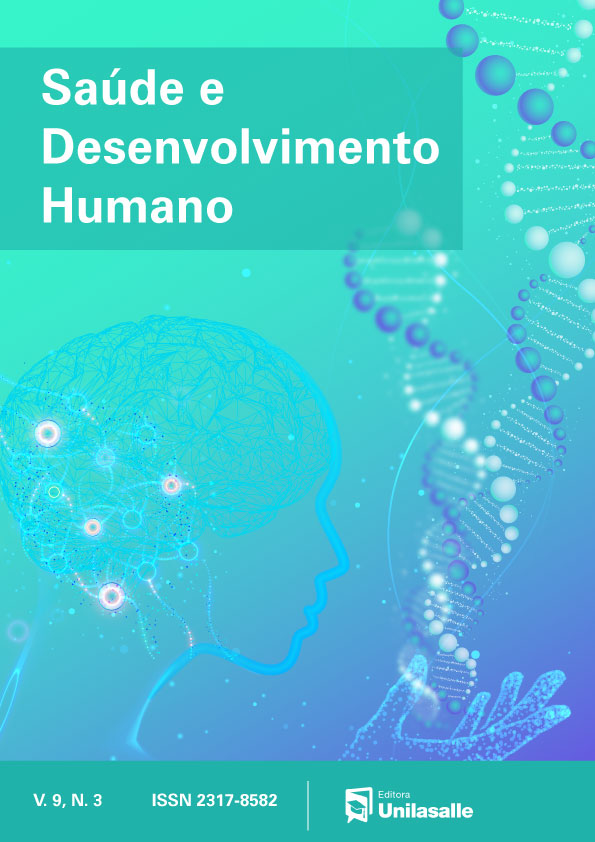Vaccination Hesitation in Pregnant Women Attended by the Unified Health System in Southern Brazil: a Cross-sectional Study
DOI:
https://doi.org/10.18316/sdh.v9i3.7812Keywords:
Children, Responsibility, Prevention, ImmunizationAbstract
Objective: To identify factores related to vaccination hesitation in pregnant women attended by the Unified Health System of a municipality in southern Brazil.
Material and Methods: Cros-ssectional observational study conducted with 114 pregnant women attended by the Unified Health System (SUS) who answered a questionnaire divided into two parts: (1) socio-demographic and clinical data, knowledge of vaccines and the intention to vaccinate or not their children and (2) questions pertaining to the “Instrument to study the hesitation of childhood vaccination applied to parents or caregivers, on a 5-point Likert scale, developed by SAGE-WG.
Results: 33.3% of pregnant women showed hesitant behavior in relation to the act of vaccinating and the odds ratio of having hesitant behavior in relation to vaccines was 2.3 times higher in pregnant women who rated their knowledge about vaccination with marks between 1 and 5 and 14 times higher in pregnant women who are not interested in seeking information about vaccines, suggesting an important relationship between knowledge about immunization and confidence in vaccines.
Conclusion: With this study, we provide subsidies that reinforce the need to develop strategies at the level of public policies for vaccination education in order to increase confidence in vaccines even during the prenatal period.
Downloads
Published
Issue
Section
License
Authors who submit their manuscripts to be published in this journal agree to the following terms:
- Authors retain copyright and grant the journal right of first publication with the work simultaneously licensed under the Creative Commons Attribution License that allows the sharing of work and recognition of its initial publication in this journal.
- By virtue of the articles appearing in this open access journal, articles are free to use, with proper attribution, in educational and non-commercia.


